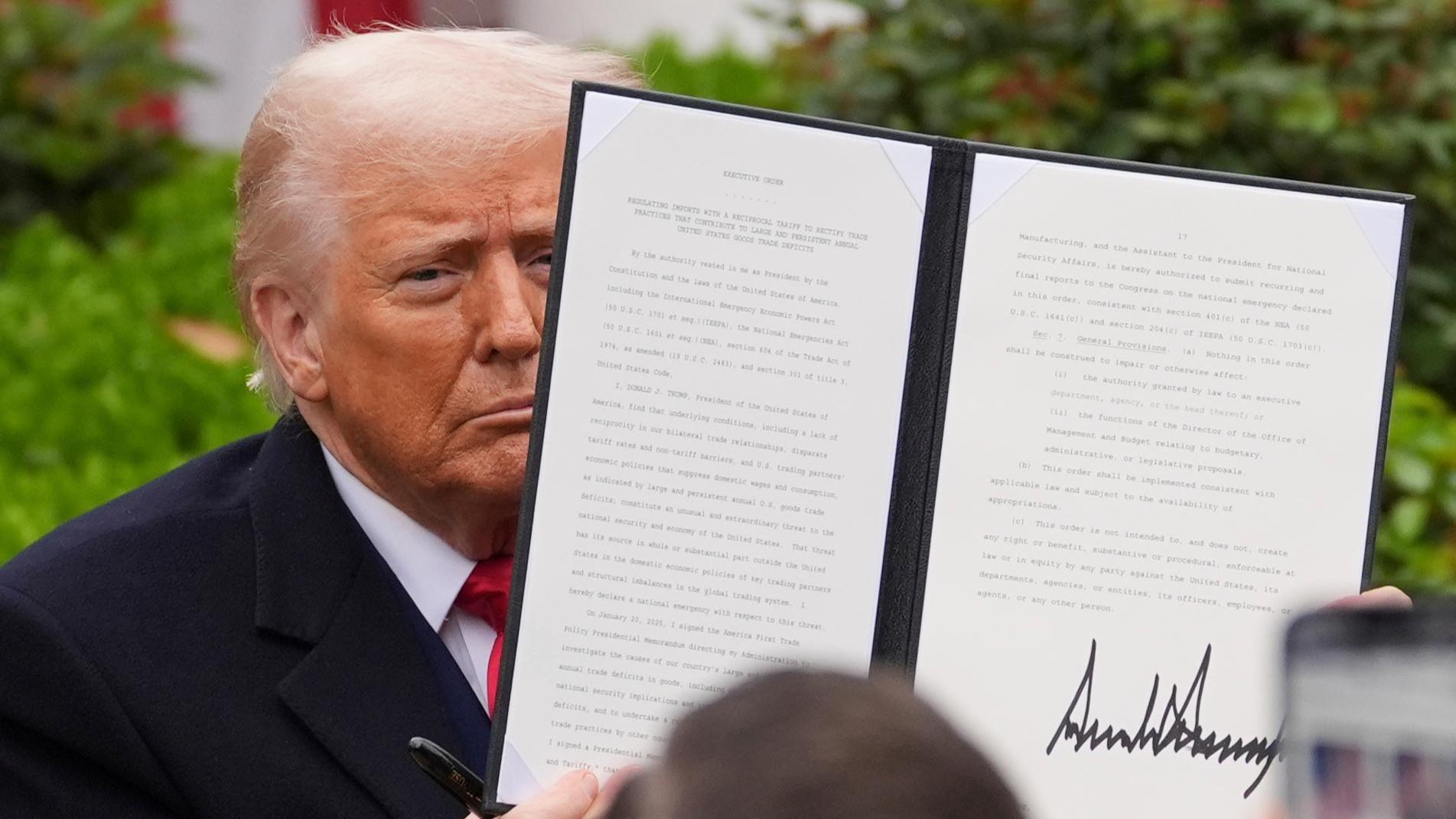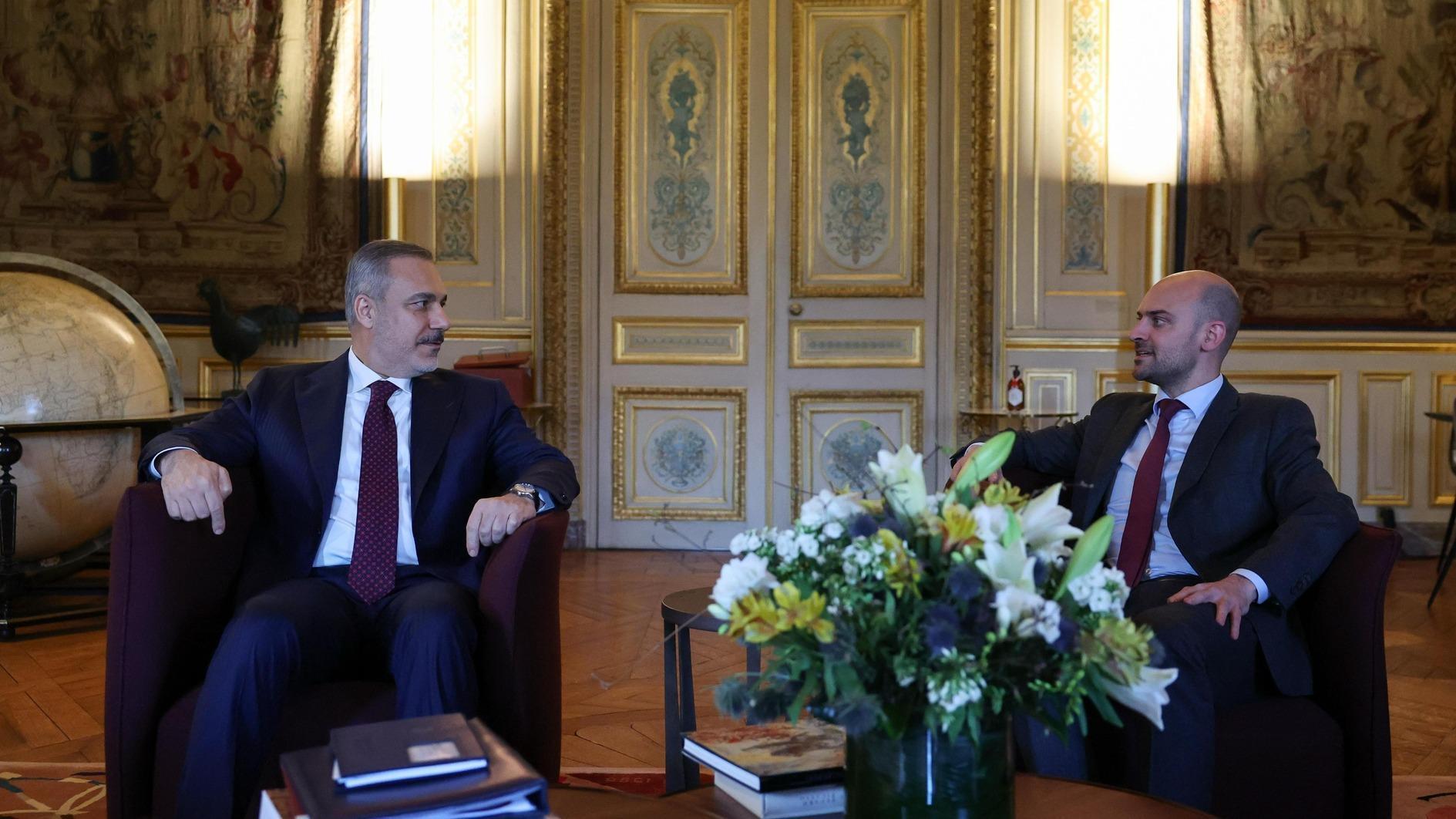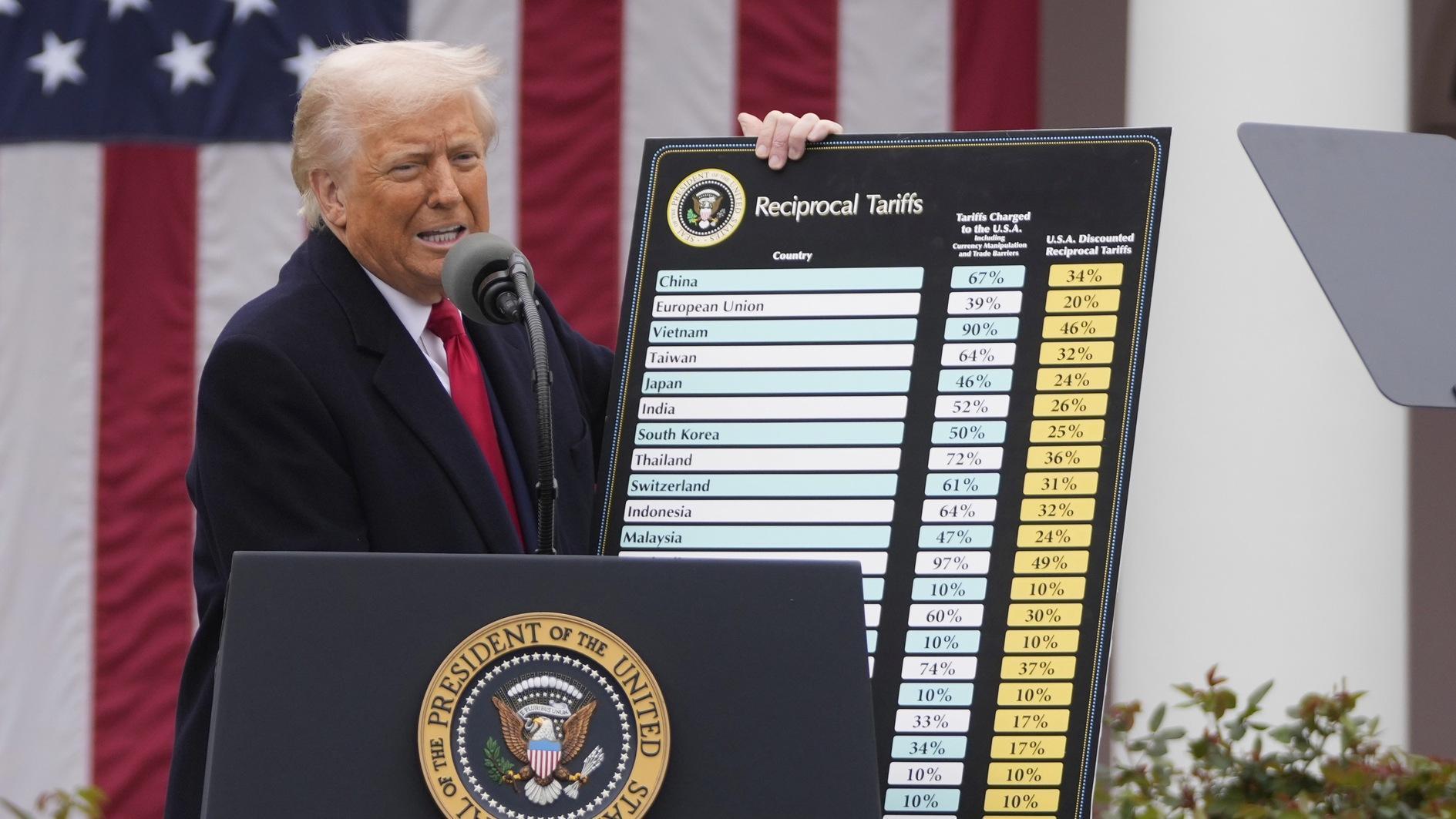Who blocked Twitter in Turkey?
Dinçer Gökçe ISTANBUL / Hürriyet
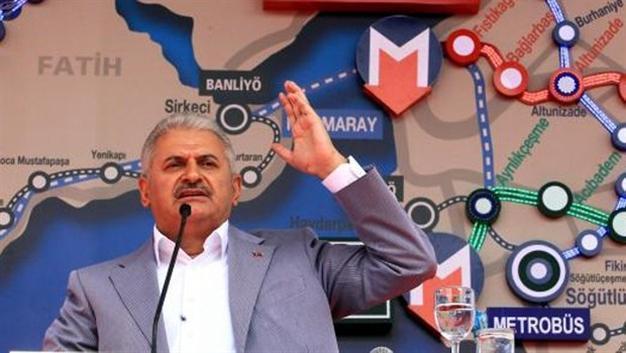
A court issued the ruling blocking access to Twitter response to a complaint filed by former Transport Minister Binalı Yıldırım and his son.
Twitter, the social media platform with 12 million Turkish users, has been blocked by the Telecommunication Directorate (TİB), which works with Turkey's Ministry of Transport, Maritime and Communication.The TİB, which was given extraordinary powers with a recently passed Internet law, used its initiative late last night to block access to Twitter. The institution has released a statement, arguing that there were a number of court rulings that Twitter did not abide by.
“The aforementioned website, based abroad, ignored the rulings of the Turkish Republic’s courts. To prevent our citizens from receiving irreparable damage, there was no option left but to block access to Twitter in accordance with the court rulings,” the statement said. Access will be unblocked if Twitter removes “the illegal content,” the TİB warned.
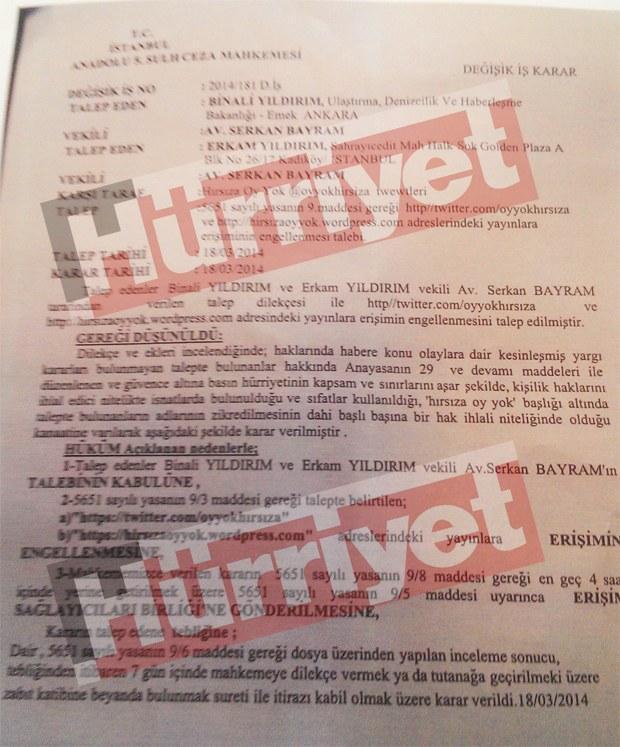
The most striking court verdict used as the base of the TİB's Twitter ban comes from the Anatolia Fifth Criminal Court of Peace. The court issued the ruling, numbered 2014/181, in response to a complaint filed by former Transport Minister Binalı Yıldırım and his son (document obtained by daily Hürriyet).
Yıldırım, who is also the ruling Justice and Development Party’s (AKP) current mayoral candidate in İzmir, had requested that the court block access to a Twitter account, @oyyokhırsıza (no votes for thievery), and a related blog, claiming “defamation.” @oyyokhırsıza was using strong language to refer to the allegations against Yıldırım and his son.
Another two of the court rulings listed as the source of the blocking on the TİB's website are related to the individual complaints of two citizens.
One demanded that Twitter remove a fake account using his name, while another requested the removal of her explicit photos shared through an account without her consent. Adnan Aydın, the lawyer of one of the complainants, said they had never requested a full block of Twitter.
The TİB also lists a decision of the Istanbul Chief Prosecutor as another justification for the block, but his office has already denied that it filed such a case.
Moreover, the aforementioned court rulings order the authorities to block access to specific URLs, instead of practicing a blanket block on Twitter, as the TİB is doing now.
When the recently passed Internet law was promoted by the government and approved by President Abdullah Gül, it was highlighted that authorities would be able to start blocking specific URLs, instead of blocking access to the whole websites, as in the past.



